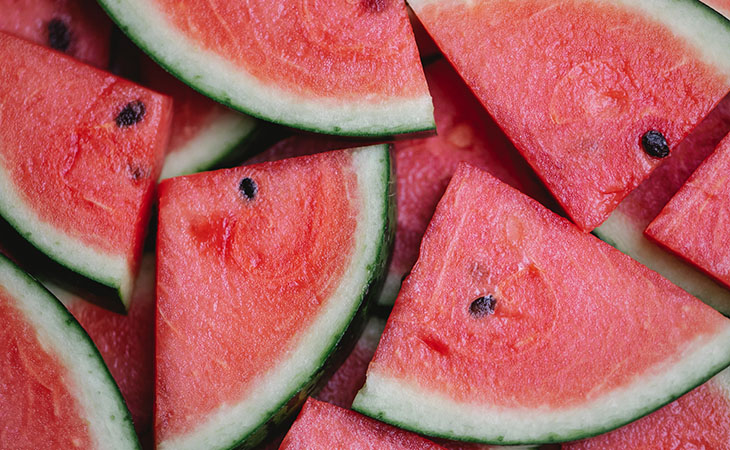Many people ask if “brain foods” alone can prevent, and even cure, Alzheimer’s disease or other types of dementia. The answer to that is currently “no.” However, multiple studies show that certain foods have significant benefits when it comes to supporting overall health, including brain cells and cognitive functions. It just so happens that these same foods are specifically heart-healthy, as well.
The heart-brain connection
It’s actually not surprising that foods that are good for the heart are also good for the brain. A healthy heart maintains a steady flow of sufficient oxygen-rich blood to the command center for your entire body. That blood helps nourish your neurons, maintain existing neural connections, enable the establishment of new connections, and generate a host of new cells. When heart disease, stroke, or other vascular issues hinder or interfere with blood flow, your brain is literally deprived of that nourishment and support.
Heart- and brain-healthy foods
Most nutritional experts agree that a diet that includes lean meat and plant-based protein sources, fresh produce, whole grains, and legumes, and limits sugar, sodium, and saturated fats, is the best general food plan to support optimal heart and brain function. Some healthy sources of protein, vitamins, minerals, and antioxidants that can help lower cholesterol, manage blood pressure, and improve cognition, include:
- Fresh, fatty, cold-water fish such as salmon, cod, pollack, and sardines
- Lean red meat and poultry (chicken, turkey) in limited amounts
- Green, leafy vegetables such as kale, spinach, broccoli, collards, cabbage, and chard
- Berries, especially dark-colored ones such as blueberries, blackberries, and raspberries
- Nuts and seeds, particularly walnuts and pumpkin seeds
- Certain oils such as virgin olive oil, avocado oil, and canola oil
- Colorful foods such as avocados, bell peppers, carrots, eggplant, and sweet potatoes
- Coffee and caffeinated teas, including most black, green and red teas. While not a nutrient, caffeine is a stimulant that can help increase blood flow and boost mental alertness and memory formation.
Keep in mind that there is no specific diet that is appropriate for everyone, given the vast diversity of genetic, biological, chemical, cultural, and environmental backgrounds and conditions. Speak with your healthcare provider before making major changes to your diet.
*Foods Linked to Better Brainpower. (2017, May). Healthbeat. Harvard Health Publishing. Harvard Medical School. Updated: December 11, 2019. https://bit.ly/3xLhHcg By Margalo Eden

